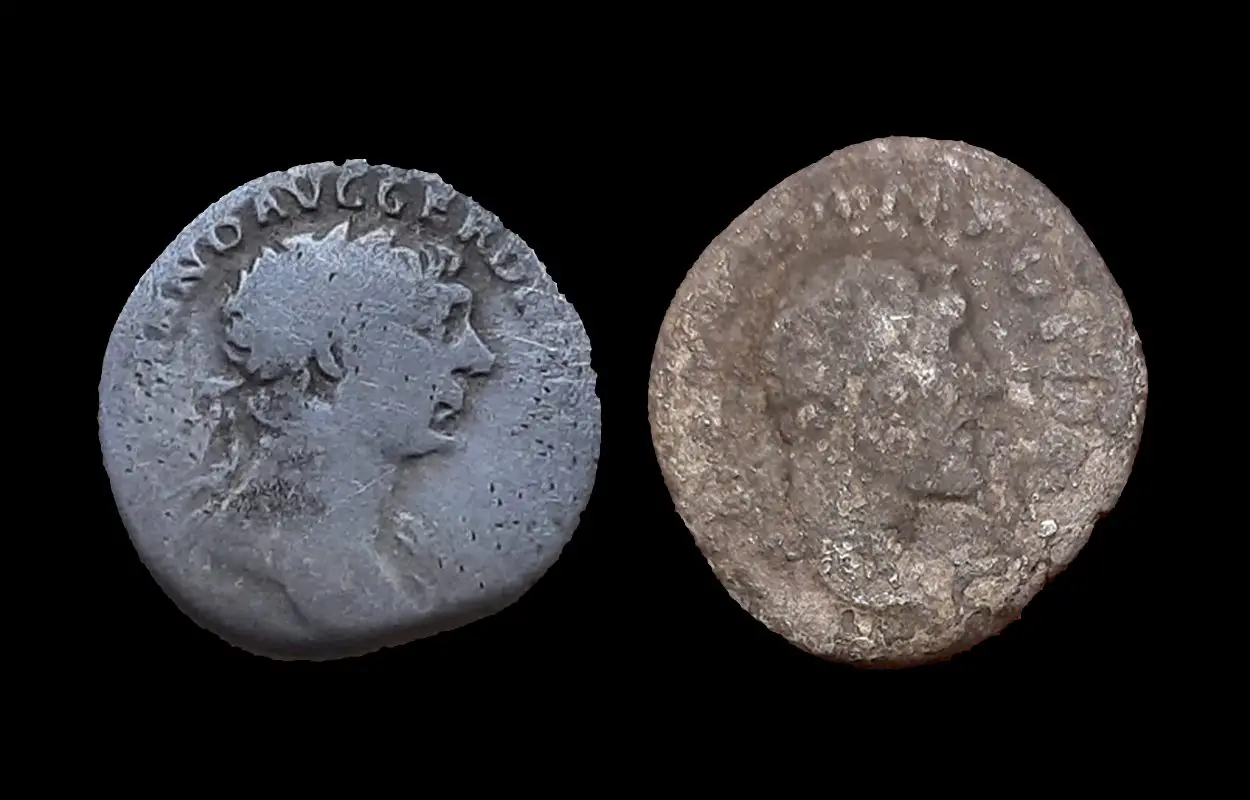Archaeologists from Södertörn University have discovered two Roman coins during a research project on Gotska Sandön, an uninhabited island in Gotland County, Sweden.
During the Roman Period, Svealand (“land of the Swedes”) in central Sweden, was inhabited by a North Germanic tribe. Contact with the Romans was limited, however, archaeological evidence does indicate an emerging trading network in Svealand for the latest Roman fashions.
Archaeologists from the Södertörn University have been conducting excavations on Gotska Sandön as part of a joint project with Campus Gotland and the Gotland Museum.
Excavations revealed silver denarii from the Roman period, including one that depicts the emperor Trajan (AD 98 – 117), and the other, emperor Antoninus Pius (AD 86 – 161).
“These are exciting finds that raise several questions,” says Johan Rönnby, professor of marine archaeology at Södertörn University.
Although the Romans sailed as far as Scotland and documented the Baltic area, there are no historical records of their voyages that describes the island, making it uncertain whether they were the ones who brought the coins there.
The team suggests that the coins could be from a shipwreck on the Sandön coast, where many hearths and remnants of ancient fireplaces have been located. Whether the hearths are associated with a period of settlement on the island or ancient production of seal oil is unknown, but the team plans to return later in the year to investigate further.
“Finds of Roman silver coins are not unusual on Gotland, but they are on Gotska Sandön. This find is interesting because of its location,” adds Daniel Langhammer, officer at the County Administrative Board of Gotland.
Header Image Credit : Södertörn University





